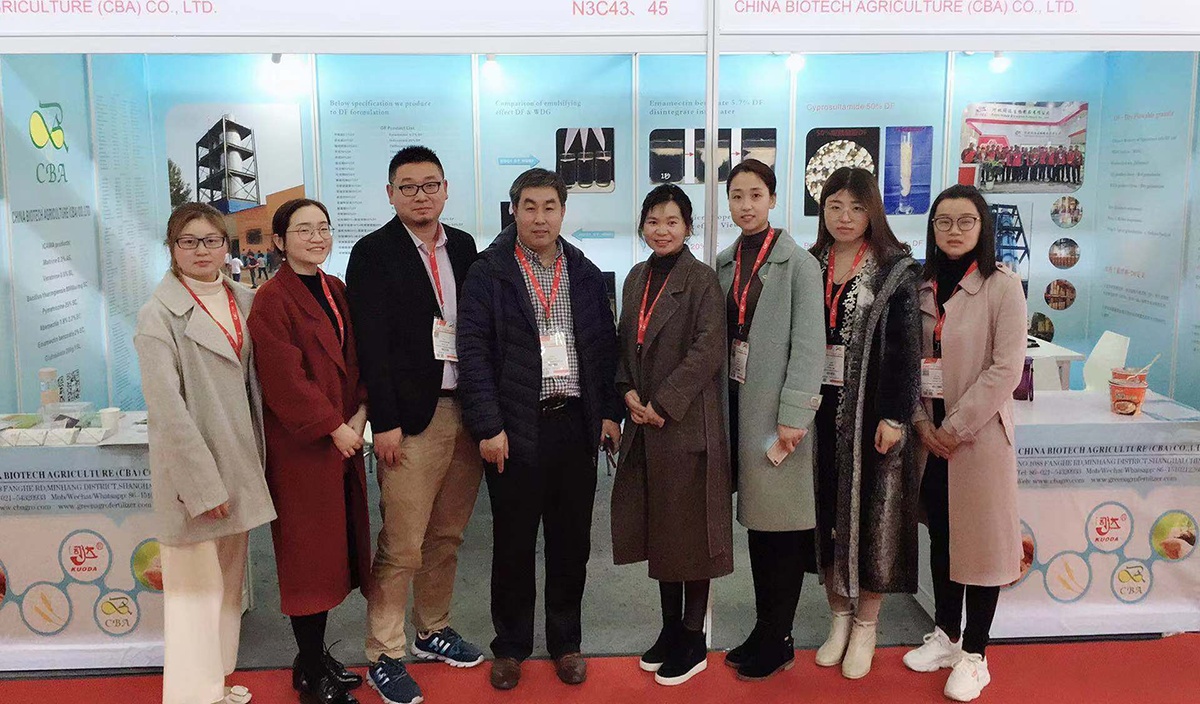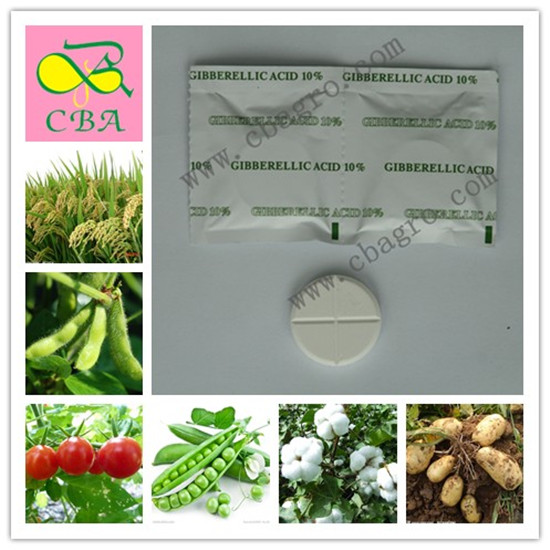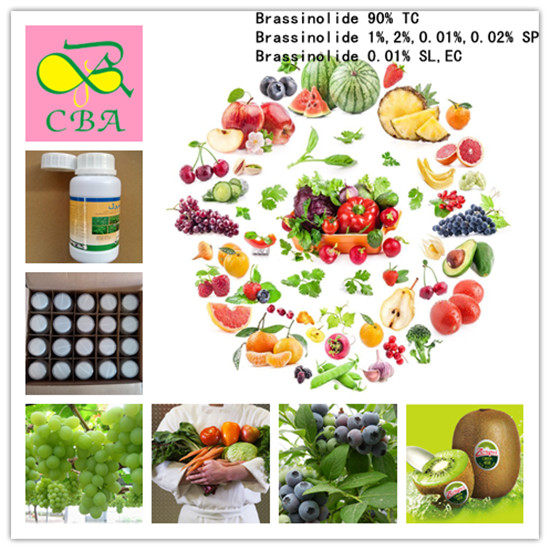What's the mainly functions of Plant Growth Regulators / Plant Hormones ?
China Biotech Agriculture (CBA) Co.,Ltd is the professinal factory for different types of Plant Growth Regulators / Plant Hormones,
so what's the Plant Growth Regulators / Plant Hormones ? what's the mainly fuctions ?
A growth regulator, plant growth regulator, or PGR, is a natural or synthetic chemical that is sprayed or otherwise applied to a seed
or plant in order to alter its characteristics. plant growth regulators are sometimes referred to as plant hormones. Growers can add
plant growth regulators to their crops in order to achieve a desirable goal, ranging from increasing insect and disease resistance to
increasing root strength. Some plant growth regulators also are used to stunt growth.
Here we classify Plant Growth Regulators / Plant Hormones into five categories according to its efficacy
:
1)Cell Diveision Plant Hormones
2)Promote Growth Plant Hormones
3)Control Overgrowth Plant Hormones
4)Promote Rooting Plant Hormones
5)Improve Yield Plant Hormones
6)Other Plant hormones
Each category including different products, here are list some of the mainly products:
1) Cell Diveision Plant Hormones
Cell Division Plant Hormones include 6-BA, GA3, IAA, 2-IP etc. Cell Division Plant Hormones mainly have the effect of promoting
cells division. Plant hormones (also known as phytohormones) are chemicals that regulate plant growth. Plant hormones are signal
molecules produced within the plant, and occur in extremely low concentrations Hormones regulate cellular processes in targeted
cells locally and, moved to other locations, in other functional parts of the plant. Plant hormones also determine the formation of
flowers, stems, leaves, the sheddings of leavess, and the development and ripening of fruit. Plants, unlike animals, lack glands
that produce and secrete hormones.
2) Promote Growth Plant Hormones
Promote Growth Plant Hormones include Atonik, Helifeng, Sodium Nitrophenolate, Sodium P-nitrophenolate etc. Promote Growth
Plant Hormones mainly have the effect of promoting plant growth. Plant hormones are chemical signals that coordinate the different
parts of an organism.Plant hormones are produced in very small amounts in one area of an organism and are then sent to another
part, where a response is triggered.
3) Control Overgrowth Plant Hormones
Control Overgrowth Plant Hormones include CCC, B9, PIX, Paclobutrazol etc. Control Overgrowth Plant Hormones mainly have
the effect of controling plant overgrowth. Plant hormones, also known as plant growth factors, are chemical substances that
accelerate, inhibit or otherwise affect growth.
4) Promote Rooting Plant Hormones
Promote Rooting Plant Hormones include IBA, IBA-K, NAA, NA-NAA etc. Take Root Plant Hormones mainly have th effect of
promoting the root growth quickly. Plant hormones affect gene expressionand transcription levels, cellular division, and growth.
Plant hormones are naturally produced within plants, though very similar chemicals are produced by fungi and bacteria that can
also affect plant growth. A large number of related chemical compounds are synthesized by humans. Plant hormones are used
to regulate the growth of cultivated plants, weeds, and in vitro-grown plants and plant cells; these manmade compounds are
called plant growth regulators or PGRs for short.
5) Improve Yield Plant Hormones
Improve Yield Plant Hormones include DA-6, DCPTA, PD-6,AATC etc. Improve Yield Plant Hormones mainly have the effect
of increasing the yield of crops and plants. Plant hormones are not nutrients, but chemicals that in small amounts promote
and influence the growth, development, and differentiation of cells and tissues. Plants lack glands to produce and store
hormones, because, unlike animals—which have two circulatory systems (lymphatic and cardiovascular) powered by a
heartthat moves fluids around the body—plants use more passive means to move chemicals around their bodies. Plants
utilize simple chemicals as hormones, which move more easily through their tissues. They are often produced and used on
a local basis within the plant body. Plant cells produce hormones that affect even different regions of the cell producing
the hormone.
6)Other Plant hormones
Other identified plant growth regulators include Brassinolide, salicylic acid, Carrikins, plant peptide hormones etc.
Plant hormones activate cellular responses, including cell death, to diverse stress situations in plants.
And plant hormones affect seed germination and dormancy by acting on different parts of the seed.
 China Biotech Agriculture (CBA) Co.,Ltd CAC 2017 Booth No.: 4A70
China Biotech Agriculture (CBA) Co.,Ltd CAC 2017 Booth No.: 4A70
 China Biotech Agriculture (CBA) Co.,Ltd CAC 2016 Booth No.: 3E64
China Biotech Agriculture (CBA) Co.,Ltd CAC 2016 Booth No.: 3E64
 Types of plant hormones
Types of plant hormones
 What is Brassinolide? How to use Brassinolide ?
What is Brassinolide? How to use Brassinolide ?